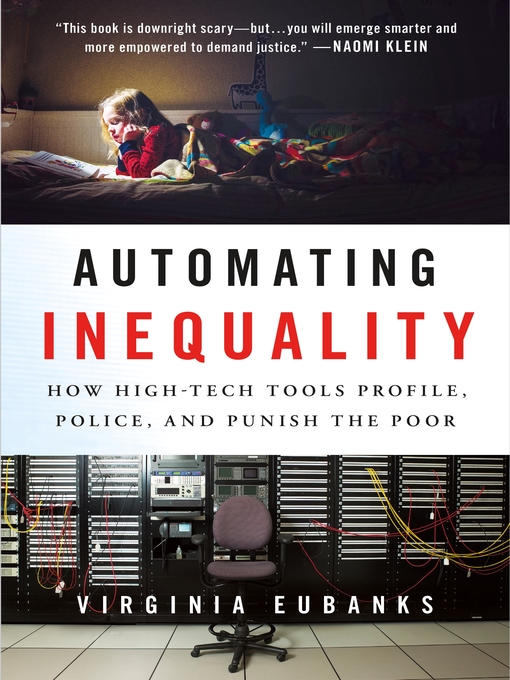
BOOKS
 Get your copy of the 2020-22 Common Read title in Molstead Library! Copies are available at the Check-Out Desk near the exit. Take a copy and return it when you're finished.
Get your copy of the 2020-22 Common Read title in Molstead Library! Copies are available at the Check-Out Desk near the exit. Take a copy and return it when you're finished.
AUDIOBOOK
Molstead Library has purchased two audio copies of this title. Currently you can only listen through a browser.
EBOOK
 Coeur d'Alene Public Library has one electronic copy of this title available through their eBook service Overdrive. We would recommend downloading the Libby app which is compatible with most digital devices.
Coeur d'Alene Public Library has one electronic copy of this title available through their eBook service Overdrive. We would recommend downloading the Libby app which is compatible with most digital devices.
 Common Reads, or first-year reading programs, promote and enhance literacy and critical thinking in higher education settings while simultaneously building community and discussion around a shared experience. There are currently over 470 academic institutions that have instituted a common read program. To learn more about the common read program at North Idaho College, visit cardinalreads/about. Common Reads, or first-year reading programs, promote and enhance literacy and critical thinking in higher education settings while simultaneously building community and discussion around a shared experience. There are currently over 470 academic institutions that have instituted a common read program. To learn more about the common read program at North Idaho College, visit cardinalreads/about. |
| Image: Copyright, Penguin Books. |
Automating Inequality
The Open Mind Program (CUNYTV) // 12.7.17 // 29 min.
"University of Albany political scientist Virginia Eubanks discusses her new book “Automating Inequality: How High Tech Tools Profile, Police, and Punish the Poor.”
Automating Inequality
CSPAN // 3.29.18 // 73 minutes
"Virginia Eubanks argued that data mining, algorithms, and automated systems have been used to negatively impact poor and working class people. She was joined in conversation by Kathryn Edin, author of $2 a Day."
'Automating Inequality': Algorithms In Public Services Often Fail The Most Vulnerable
All Things Considered (NPR) // 2.19.18 // 7 min.

The Cardinal Reads committee is excited to present Automating Inequality: How High-Tech Tools, Profile, Police , and Punish the Poor as the 2020-22 common read selection in support of the Diversity Theme, Common Ground: Science, Technology, and Society. This book was one of sixteen titles submitted for consideration by the NIC campus community during the SP19 semester and explores:
"...the impacts of data mining, policy algorithms, and predictive risk models on poor and working-class people in America. Like the county poorhouse and scientific charity before them, digital tracking and automated decision-making hide poverty from the middle-class public and give the nation the ethical distance it needs to make inhumane choices: which families get food and which starve, who has housing and who remains homeless, and which families are broken up by the state. In the process, they weaken democracy and betray our most cherished national values." -- Publisher's Site.
Digitizing the Carceral State
by Dorothy E. Roberts // Harvard Law Review // 4.10.19
Virginia Eubanks Automating Inequality: How High-Tech Tools Profile, Police, and Punish the Poor
by Paul Henman // Critical Social Policy (Journal) // 12.5.18
How Big Data Is ‘Automating Inequality’
by Liza Featherstone // New York Times Book Reviews // 5.14.18
Automating Inequality: How High-Tech Tools Profile, Police, and Punish the Poor
by Faith Gordon // Law, Technology and Humans // 11.5.19
A Generational Reflection on Virginia Eubanks’s “Automating Inequality”
by Amy J. Ko // Medium (Blog) // August 21, 2020
‘Care bots’ are on the rise and replacing human caregivers
by Alexandra Mateescu and Virginia Eubanks// The Guardian // June 3, 2021
Automating Care: about our new series on the rise of AI in caregiving
by Alexandra Mateescu and Virginia Eubanks // The Guardian // June 3, 2021
‘We don’t deserve this’: new app places US caregivers under digital surveillance
by Alexandra Mateescu and Virginia Eubanks // The Guardian // July 28, 2021